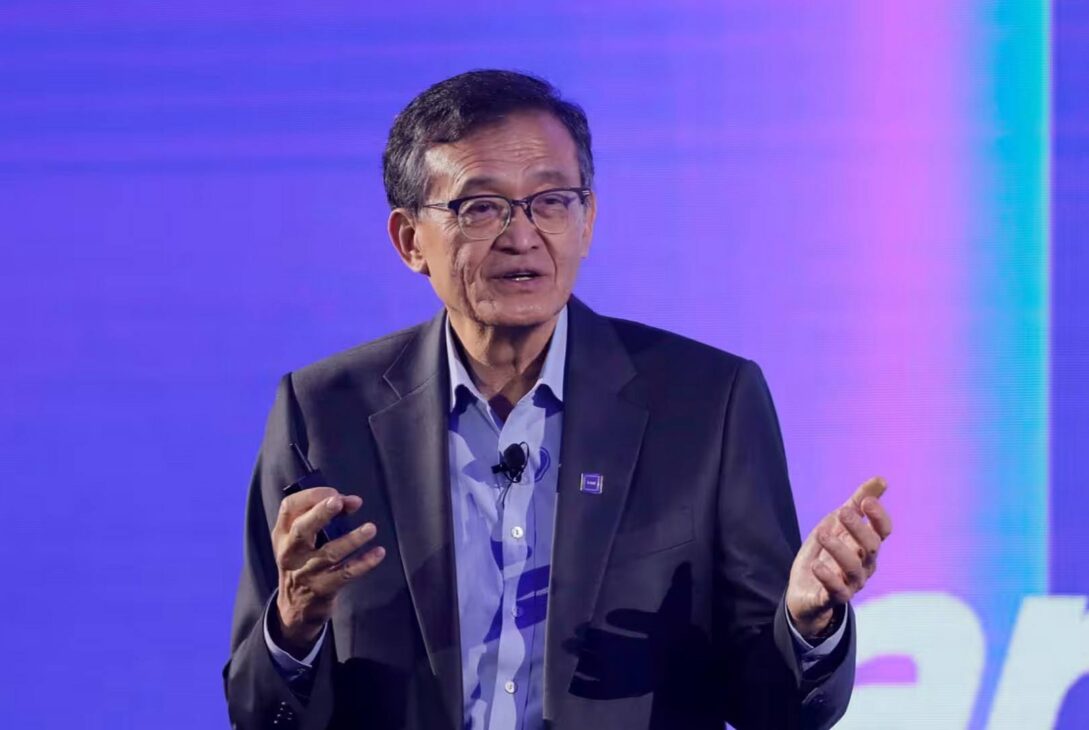Intel CEO Intel’s chief executive, Lip-Bu Tan, has firmly rejected allegations made by former U.S. President Donald Trump, calling them “misinformation” and reaffirming his commitment to the company and U.S. national security.
In a letter to Intel employees on Thursday, Tan addressed the controversy directly, saying the company is in active discussions with the Trump administration to clarify any concerns and “ensure they have the facts.”
“There has been a lot of misinformation circulating about my past roles. I want to be absolutely clear: Over more than 40 years in this industry, I have built relationships around the world and across our diverse ecosystem — and I have always operated within the highest legal and ethical standards,” Tan stated.
Trump’s Call for Tan’s Resignation
Trump’s demand for Tan to step down came via his Truth Social account, just hours before Tan’s letter was released. While Trump did not elaborate on specific “conflicts of interest,” his comments followed a letter from Senator Tom Cotton, the Republican chair of the Senate Intelligence Committee.
Cotton expressed “concerns about the security and integrity of Intel’s operations” and questioned Tan’s historical business ties with China.
Tan’s Business Background and China Investments
Before joining Intel earlier this year, Tan was a well-known venture capitalist in Silicon Valley, investing in several technology companies, including Chinese and Hong Kong-based firms. His portfolio has previously included Semiconductor Manufacturing International Corp (SMIC), China’s largest chipmaker.
Additionally, Tan previously served as CEO of Cadence Design Systems in California. The company recently admitted to violating U.S. export rules by selling chip design tools to a Chinese university with military connections — an incident that has drawn political scrutiny.
Intel’s Strategic Challenges
Since taking the helm, Tan has initiated a major restructuring and cost-cutting program at Intel. Just last month, he warned that without a large-scale customer deal, Intel might have to abandon development of its next-generation chip manufacturing technology.
Despite these challenges, Tan assured employees that Intel’s board fully supports his transformation strategy, saying:
“I fully share the President’s commitment to advancing U.S. national and economic security. The United States has been my home for over 40 years. I love this country and am deeply grateful for the opportunities it has given me. I also love this company.”
What’s Next for Intel and Tan?
The dispute has spotlighted the tension between U.S. national security priorities and global tech investments. Intel, as the only U.S.-headquartered company capable of producing advanced semiconductor chips, plays a critical role in America’s technology and defense sectors.
While the political pressure is unlikely to fade soon, Tan’s strong public defense signals that he does not intend to step down and is focused on steering Intel through both technological and geopolitical challenges.
Last modified: August 8, 2025





















